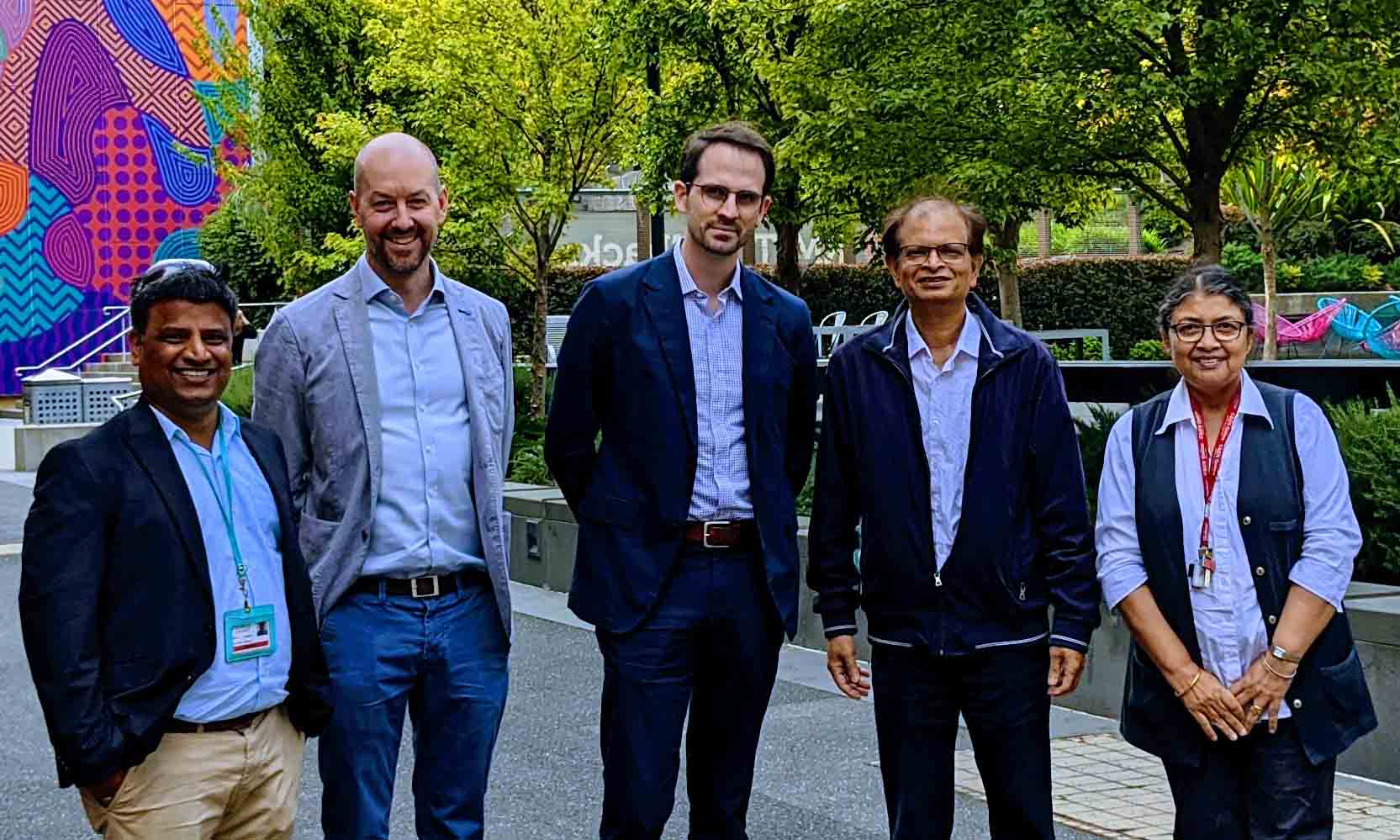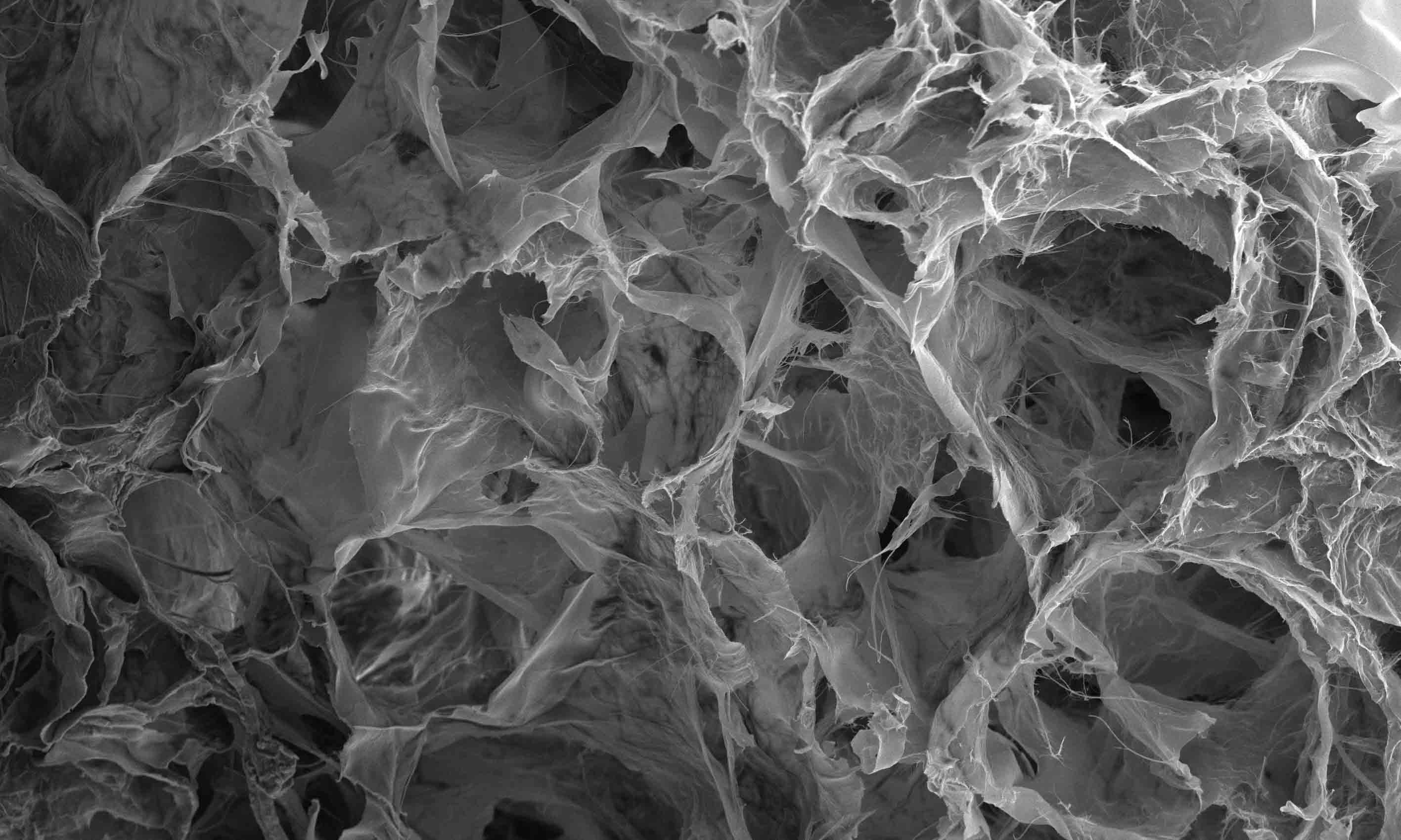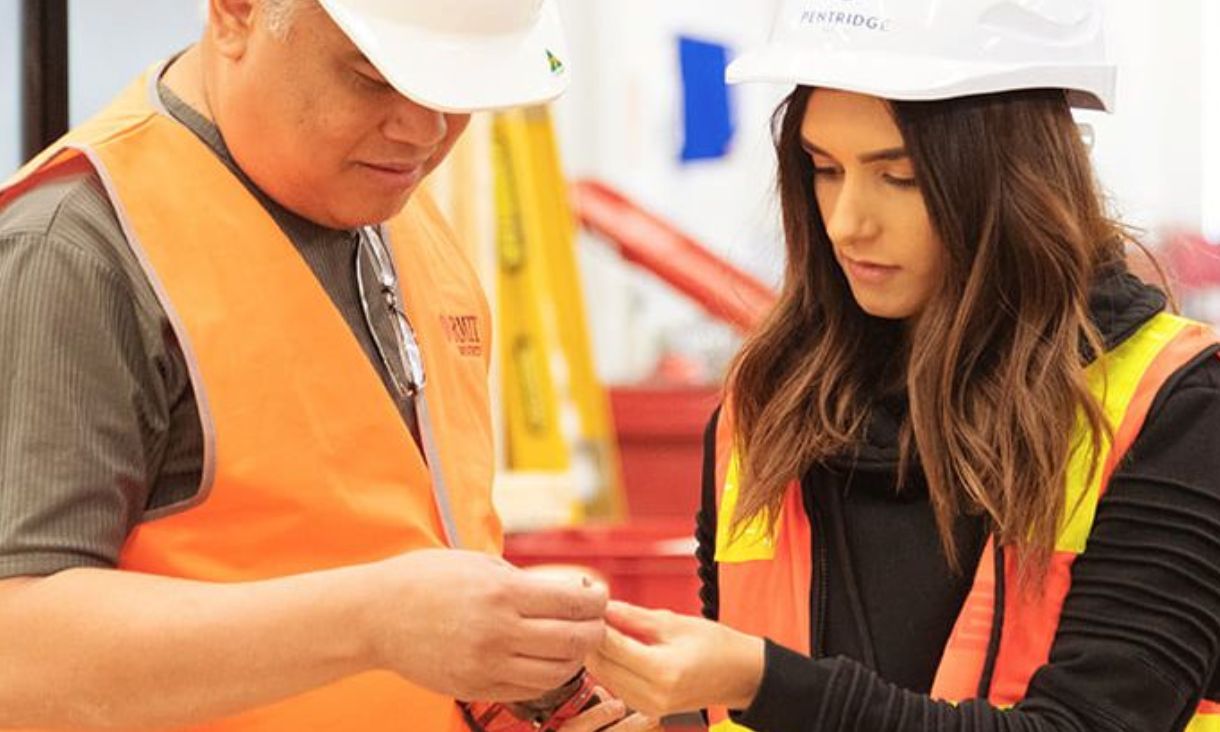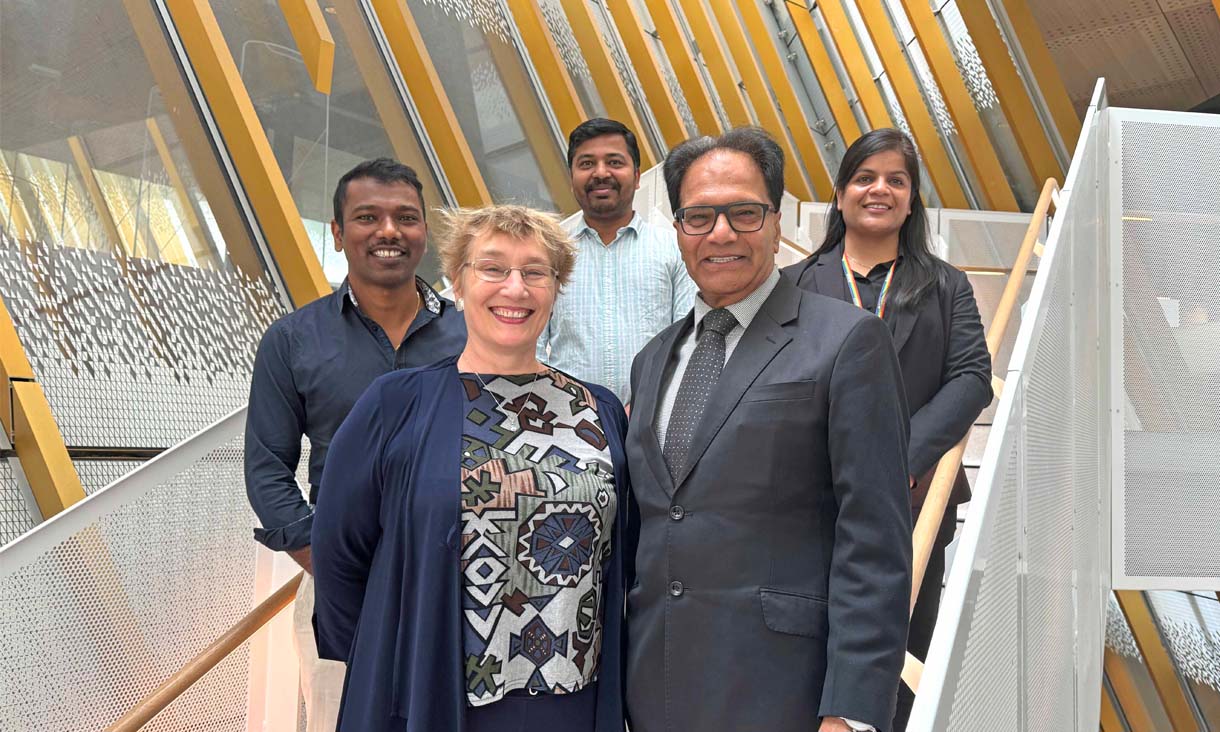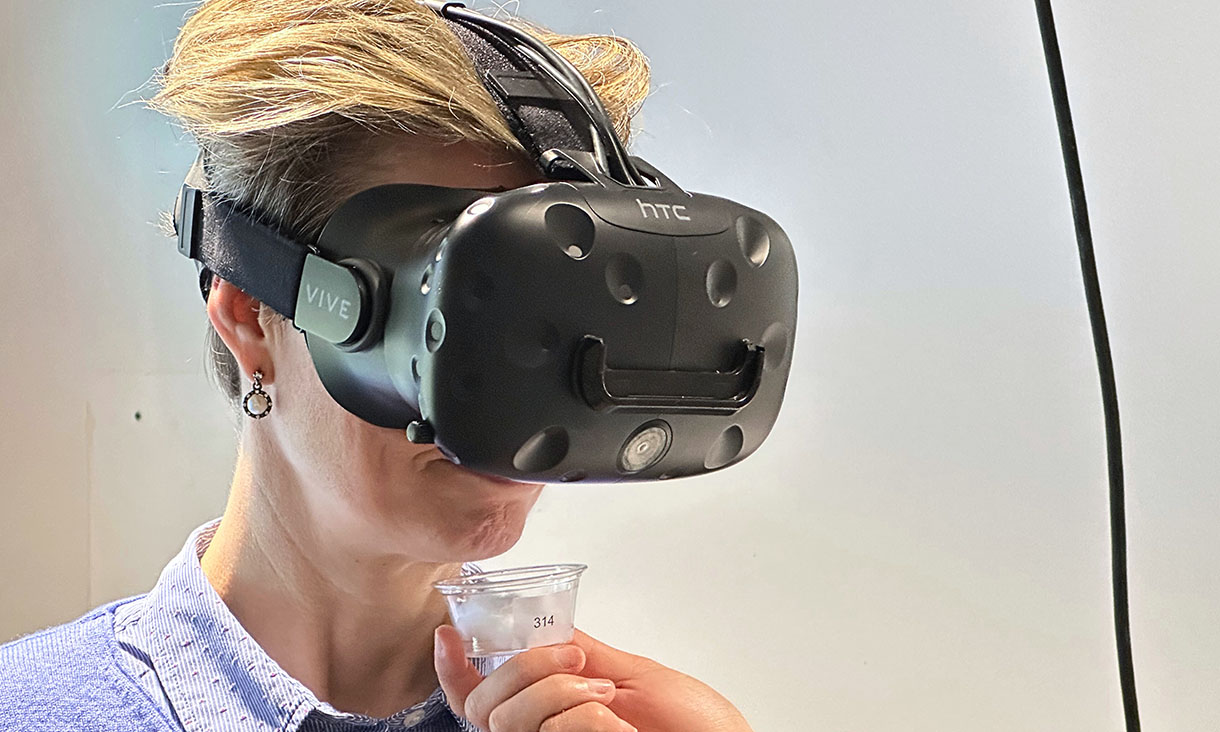The collaborative research aims to create a new generation of microbial therapies that can replace donor-derived faecal microbiota transplantation (FMT).
Technology that replicates the complex community of microbes in the human gut will be manufactured in Australia as part of the project.
Australian microbiome biotechnology company BiomeBank, in collaboration with RMIT University, has secured $100,000 in funding from the Innovative Manufacturing Cooperative Research Centre (IMCRC) to develop the new bioreactor technology.
Currently material for FMT can only be harvested from healthy human donors, which is time-consuming, expensive and difficult to scale-up for widespread clinical use.
The new innovation would provide significant advantages to the cost and scale of FMT, an established life-saving therapy for Clostridioides difficile infection that is also emerging as a clinically beneficial treatment for other gut conditions including Ulcerative Colitis.
BiomeBank CEO Thomas Mitchell said the IMCRC activate program funding was an exciting step forward in the collaborative development of advanced technologies to change the way gut disease is treated across the world.
“This will be a game-changer in the treatment of gut conditions, overcoming the current limitations of donor-derived FMT.
“An important outcome will be enabling microbial therapies to reach more patients around the world.
“We’re thrilled to partner with RMIT on this exciting project, connecting their manufacturing expertise to our company’s unique capabilities in the development of microbiome drug products.
“BiomeBank will use this new manufacturing technology to develop second generation therapies to treat multiple diseases for the broader market.”
Innovative manufacturing technology
RMIT School of Engineering researchers Professor Namita Choudhury, Professor Naba Dutta and Dr Srinivas Mettu will lead the project work.
Choudhury, Discipline Leader for Chemical Engineering at RMIT, said the collaborative project builds on the team’s previous success in developing technology to produce multiple strains of probiotic bacteria in a single bioreactor.
“The new FMT manufacturing technology will support the growth of many beneficial bacteria strains simultaneously,” she said.
“While individual probiotic bacteria can be cultivated commercially, we need multiple strains in order to restore the complex microbial diversity of the gut when this is lost due to illness, malnutrition or overuse of antibiotics – and we need to produce these varied strains efficiently and cost-effectively.
“We are excited to collaborate with BiomeBank to deliver innovative biomedical technology into the hands of clinicians to improve the health of millions of people globally who suffer from chronic gut conditions.”

